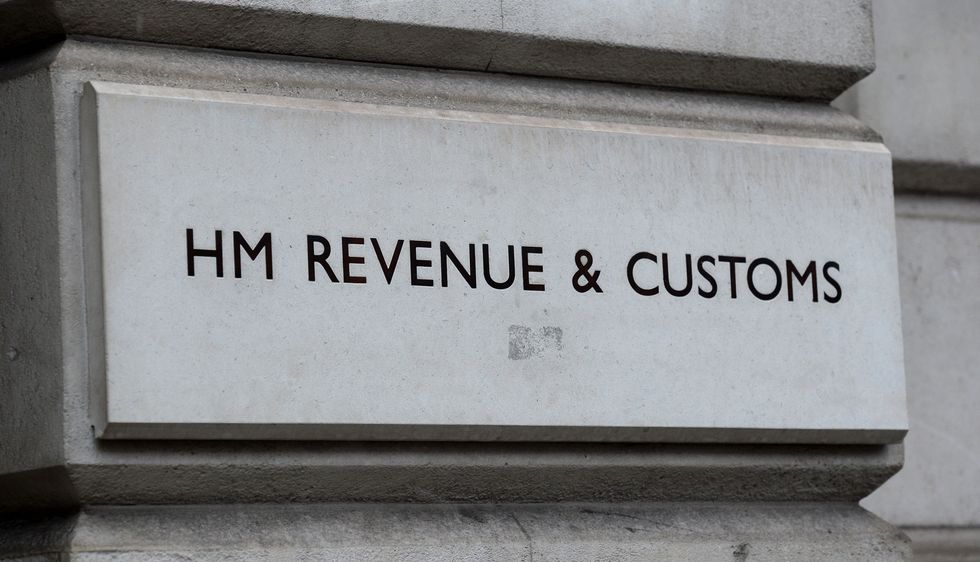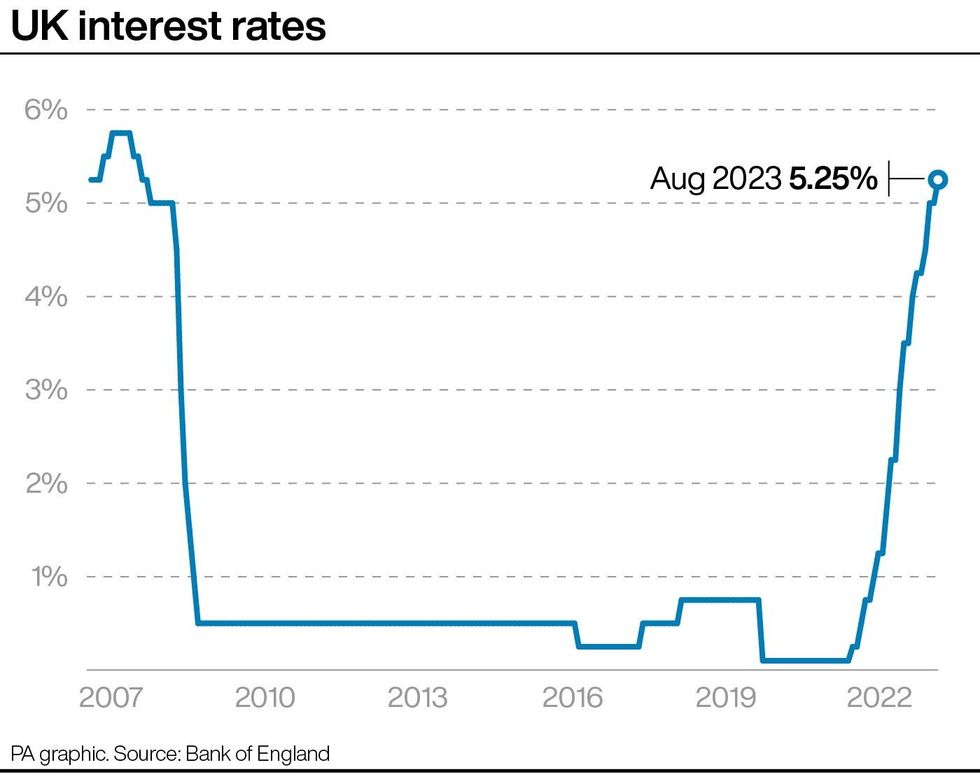
More than 2.7 million savers will have to pay tax on cash interest in the 2023-24 tax year
PEXELS
The Chancellor is being urged to take action to protect people with up to £20,000 savings.
Don't Miss
Most Read
Trending on GB News
One million more savers will be pushed into paying tax on their savings this year due to a “little-known tax trap”, new data shows.
More than 2.7 million savers will have to pay tax on cash interest in the 2023-24 tax year, a rise of one million in a single year.
The total includes nearly 1.4 million basic rate taxpayers, HMRC figures obtained by investment platform AJ Bell shows.
AJ Bell's head of personal finance, Laura Suter, said: “These figures highlight just how many taxpayers are facing a tax bill for their savings interest this year – a huge leap when compared to last year.

HMRC data shows one million more taxpayers will have to pay tax on their savings
PA
“The combination of higher interest rates and people having shunned ISA accounts in recent years means that the number paying tax on their savings has more than tripled in the past four years.”
Interest rates on savings have increased following consecutive Bank of England base rate rises, which combined with frozen tax thresholds, more savers will be taxed on their savings.
The personal savings allowance - which is the amount of interest people can earn on their savings tax-free - means basic rate taxpayers can currently get up to £1,000 of interest tax-free. It's £500 for higher rate taxpayers.
There is concern savers who have previously not come close to the threshold, which has been frozen since 2016, may not be aware they will be affected.
Ms Suter said: “Those filling out a self-assessment tax return will declare any savings interest, and subsequent tax due. But, for those taxed under PAYE, HMRC will calculate any tax due based on information sent to them by banks and building societies.
“It means many taxpayers will find there is a deduction made from their payslip each month, often before they’ve even realised they owe any money to the taxman.”
AJ Bell is reiterating its call for Chancellor Jeremy Hunt to double the personal savings allowance, to protect people with up to £20,000 (assuming an interest rate of five per cent) set aside as rainy day savings from the taxman.
Ms Suter said: “Rising rates and a frozen personal savings allowance means some individuals are being taxed despite having relatively modest pots of cash set aside for a rainy day.
LATEST DEVELOPMENTS:

The Bank of England base rate has now risen 14 consecutive times
PA
“To add insult to injury, because inflation is so high, they aren’t even making a real return on their money – yet they are still being taxed.”
Ms Suter urged the government not to punish taxpayers “trying to do the right thing” by setting aside an emergency fund.
She added: “Interest rates have risen, in part to encourage people to save money rather than spend it and reduce demand in the economy to bring down inflation. So it doesn’t make much sense to tax people at the same time.”
A HM Treasury spokesperson said: “90 per cent of the public pay absolutely zero tax on the interest they get on their savings – thanks to the personal savings allowance and the £20,000 tax-free ISA.
“But ultimately the best way to help savers is to drive down inflation, and we have a clear plan to halve it by the end of the year and get it back down to two per cent thereafter.”








